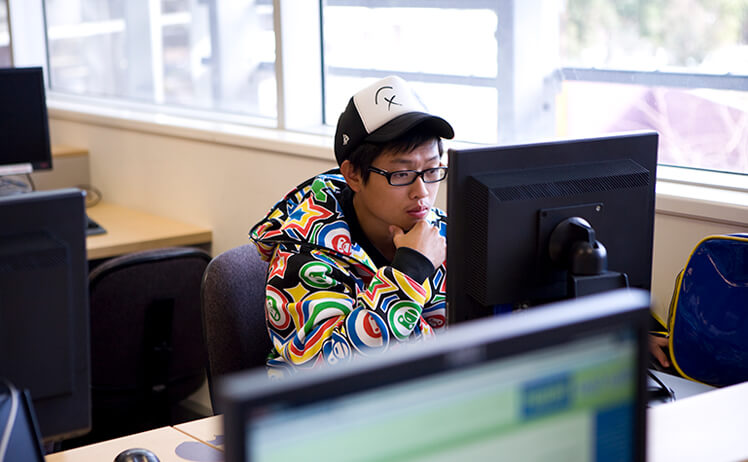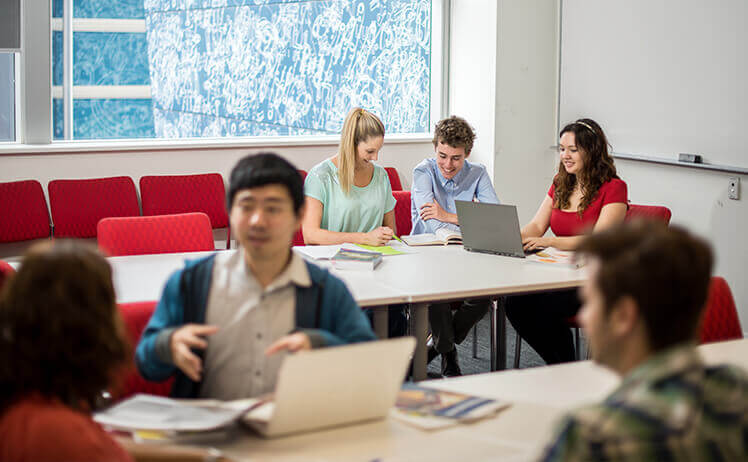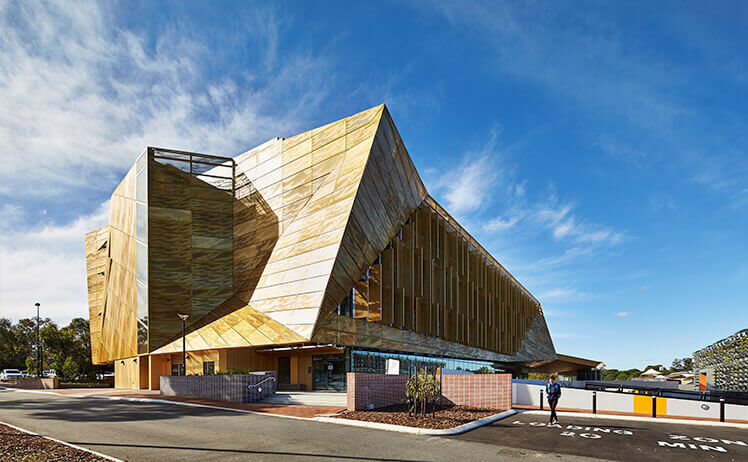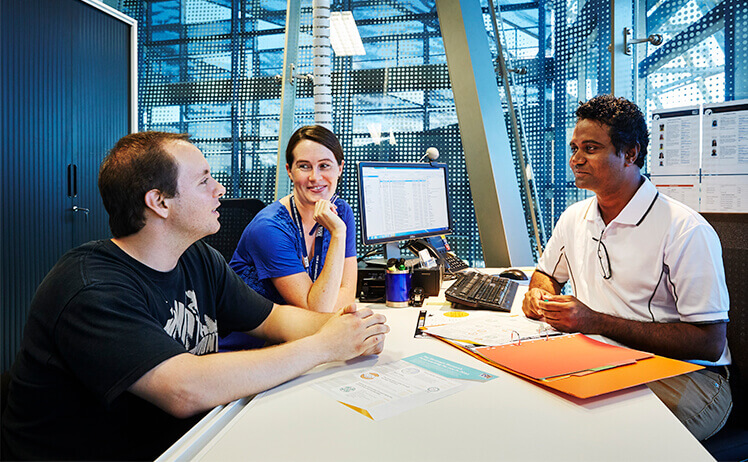One of the most important things you'll learn at university is how to learn.
This might sound a little strange right now, but at the end of your time here you'll understand what we mean.
It's about developing the ability to analyse, think critically and problem-solve. These are skills you'll take into every job, career, or business venture as an ECU graduate.
This page is an introduction to learning services and resources we provide, depending on your specific needs.
Reading and writing tips

These short academic tip sheets will help you with your academic writing and reading tasks.
Reading effectively Writing effectivelyHelp for online students

As an online student, you'll have a dedicated tutor, lecturer or unit coordinator who can assist you with questions about your study units.
You can find them by logging into the Student Portal then clicking on the Canvas link.
- Click on a unit and you'll be taken to the unit home page.
- Look for a Communications tab, Discussion Board tab, Staff Information tab or Unit Coordinator tab to find out who you can contact.
Academic support

Each ECU school has staff dedicated to study and academic support for its students – like you. These Learning Advisers can assist you with:
- assignment preparation (especially your first one!)
- improving your maths and statistical skills
- study skills
Talk to your lecturer as a first step. You can also book a consultation with your school's Learning Adviser.
Learning Advisers

Our Centre for Learning and Teaching can also work with you to develop your academic and communication skills. Their Learning Advisers run sessions and workshops on:
- Academic skills
- Assignment preparation assistance
- STEM (Science, Technology, Engineering and Maths)
- English language
- Oral communication
You can contact a Learning Adviser at learningadviser@ecu.edu.au
Learn moreTalk to Library staff

You might think that people who work in a library are simply moving books around all day, but that’s a long way from reality. Our Library people are highly qualified and can help you with all kinds of things, including using technology to learn. Librarians run sessions and workshops on:
- Referencing
- Digital learning
- Research skills
Go see them, or read a bit more on Getting to know your library.


